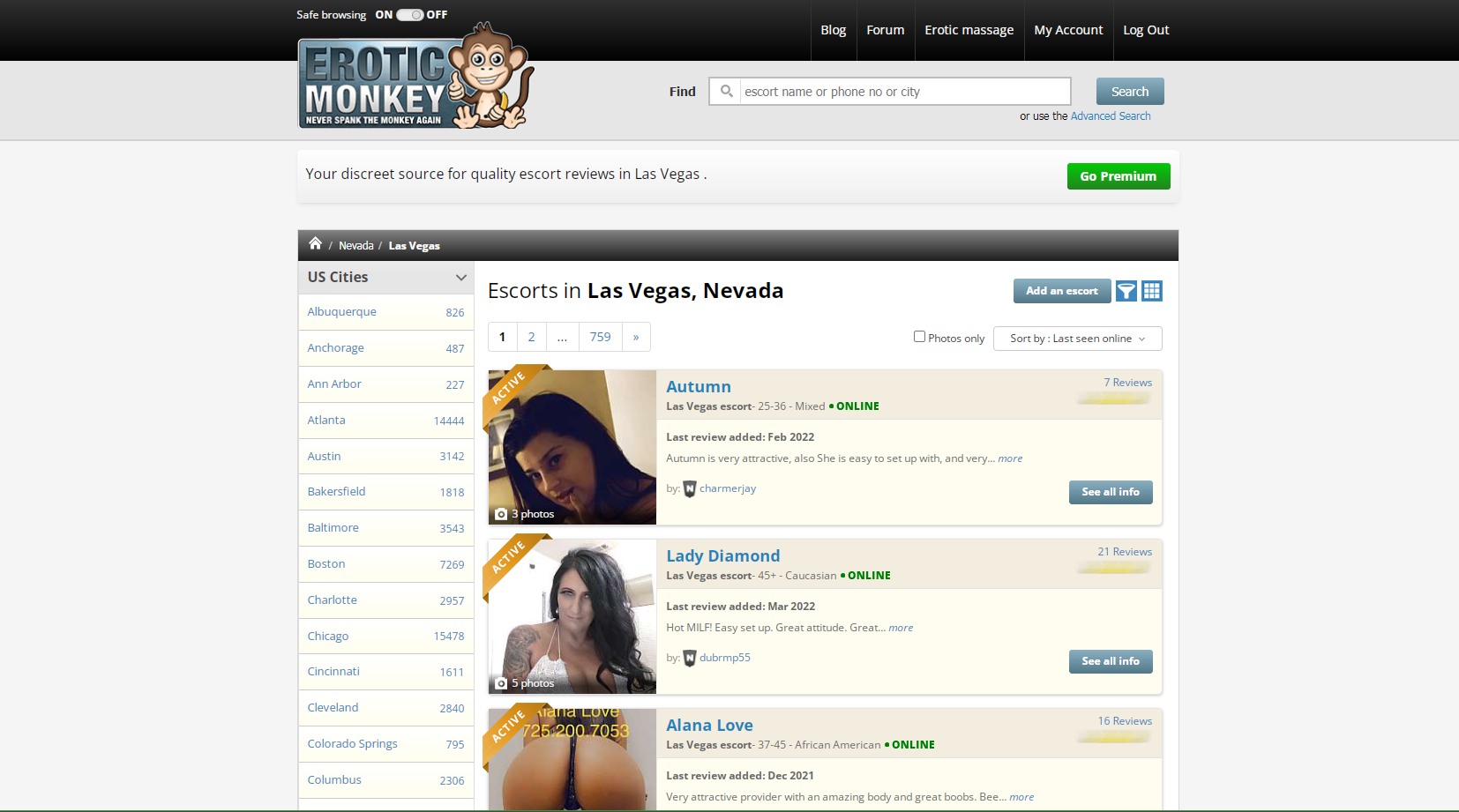
WEIGHT: 64 kg
Bust: B
One HOUR:100$
Overnight: +60$
Services: Golden shower (out), Deep Throat, Photo / Video rec, Swinging, Strap-ons
To browse Academia. The topic of this paper is the outline of the origin and evolution of the idea of universal religion in the West, with particular emphasis on early modern France.
In Renaissance, the idea, having an irenic character, aims to reform Christianity, build harmony between religions and guarantee freedom of conscience. In parallel to the different versions of natural religion and sometimes intersecting with them, in the 15th and 16h centuries, a concept develops, akin to universal religion, of prisca theologia or philosophia perennis, launched by Ficino and the Florentine Academy, according to which the ancient wisdom was transmitted by a chain of initiates to find fulfillment in esoterically interpreted Christianity.

In the 17th century, universal natural religion, which is a common denominator of all cults, is considered the first step leading to authentic Christianity or reflects a commitment to religious emancipation from all tutelage and to subordination of the Revelation to rational criteria.
Although in the 18th century natural religion still does not necessarily exclude revealed religion, the philosophers of the Enlightenment relativised religious traditions associating them with locally conditioned prejudices that must be dropped in order to get to the universal religion inscribed in the nature of things.

Simultaneously, however, the Illuminists and the authors from misticizing Masonic circles adopt the idea of the original Revelation, combining it with interest in ancient religions or speculation on the primitive language.

































